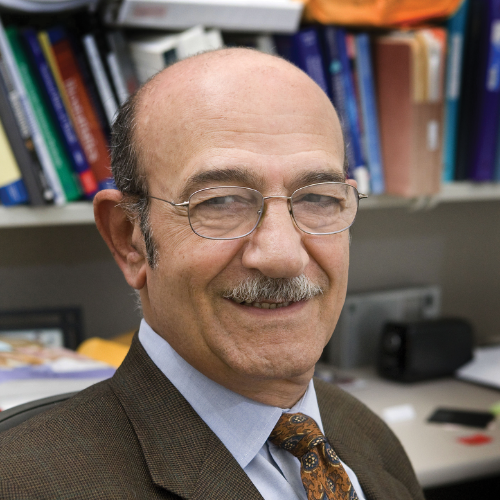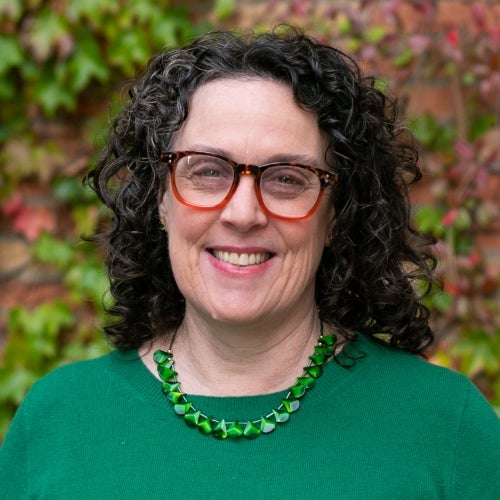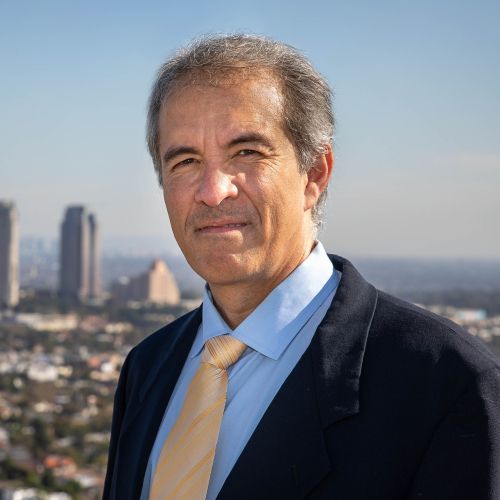Faculty & Staff Directory
UCLA Fielding faculty includes world renowned experts, leaders and innovators, and our distinguished staff is comprised of team members whose expertise is vital to the success of our school.
1-12 of 395 Results

Jose Alvarez
Read Staff Profile

Ron Andersen
Dr. Ron Andersen is the Wasserman Professor Emeritus in the UCLA Departments of Health Policy and Management.
Health Policy and Management
Read Faculty Profile









